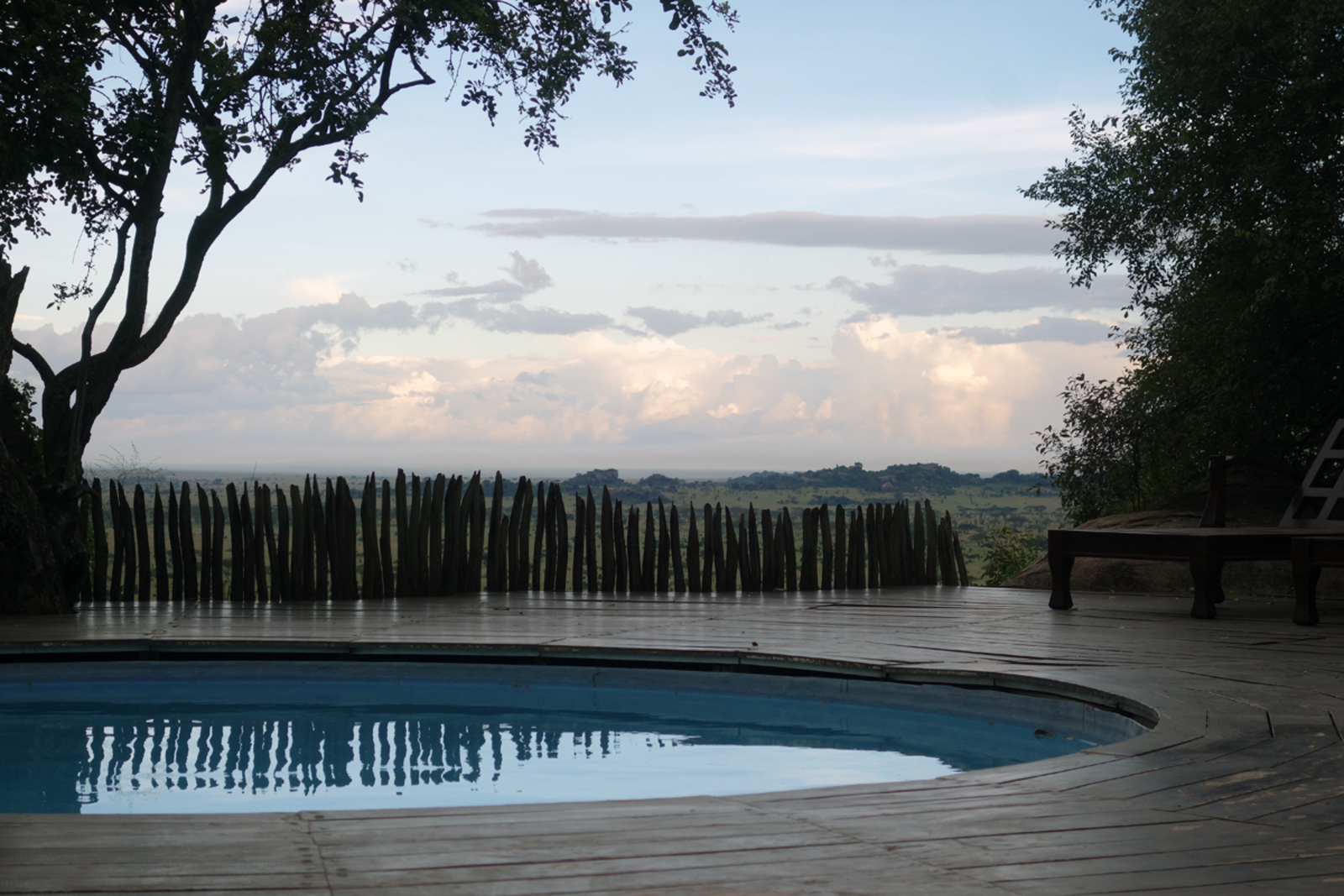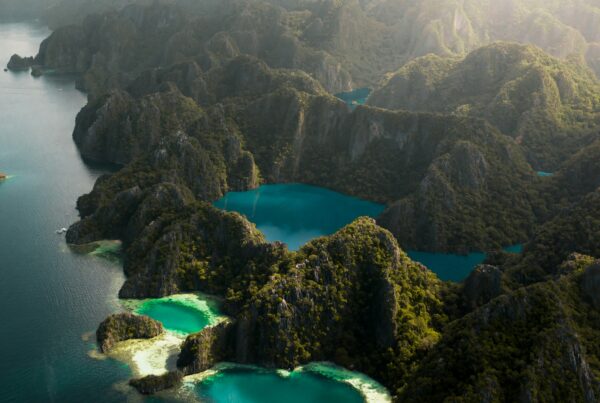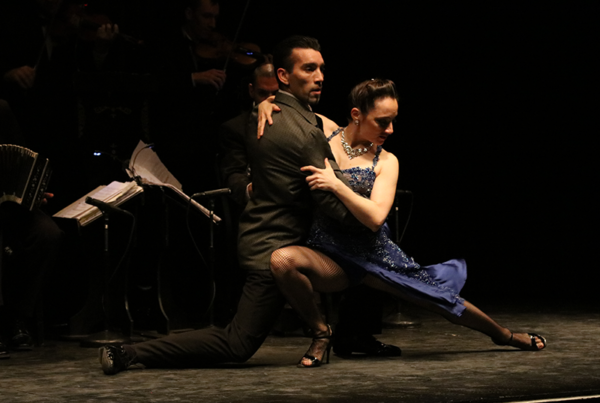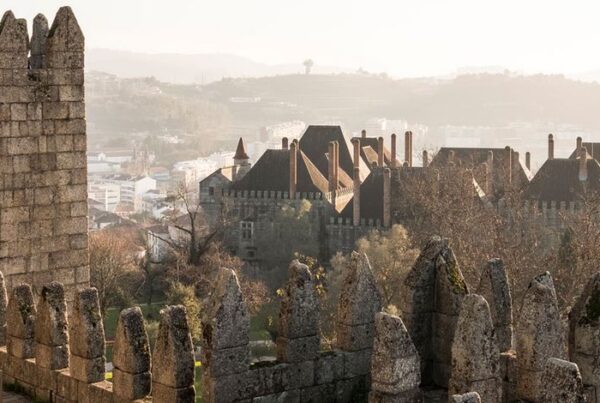Exceptional accommodations built on the desire to protect the natural resources surrounding them.
By: Karen Day
An African safari affects you in the way people talk about an ayahuasca retreat. Both take you on a surreal journey within a world you belong to, yet one surprisingly unfamiliar. And at the end, you’ve gained an entirely new perspective. Also like with ayahuasca, in which a professional shaman is key to any spiritual awakening, the same can be said for a safari as well—there’s no navigating the bush by yourself and experience relies heavily on the expert guiding you. But unlike the ancient Amazonian ritual, with a safari you return home with a greater understanding of biodiversity and global urbanization—not to mention the thousands of photos you snapped along the way.

We couldn’t have found ourselves in more capable hands on a recent excursion through Tanzania thanks to renowned safari company Elewana Collection. Not only did their professional guides blanket us in heaps of knowledge about the animals and the land, but the learning didn’t stop back at camp, either. The company has created a seamless experience through accommodation congruent with their location and extremely well-informed staff. Each of their 14 luxury properties puts the environment first by using renewable energy sources, local materials and strict waste management operations. Below is a look at four of them, each with their own distinct personality, look and mission.

Arusha Coffee Lodge
The Elewana SkySafari voyage begins with at the Arusha Coffee Lodge, where you can acclimate yourself with Tanzania and learn about its largest export: Arabica coffee beans. The plant has been grown in Tanzania since the pre-colonial days of the 16th century but became a major cash crop in the 1920s, when expats formed a union and marketed it to peasant farmers in the Kilimanjaro area. In more recent years, the country has been working hard on quality control and today its biggest consumers are the perspicacious Japanese. At the lodge, you can take a guided bean-to-estate tour of the plantation followed by a fractional nosing. Beans are not the only business on site here, though. The property is also home to the Shanga Foundation, a socially conscious venture that employs and educates people with disabilities. Their workshops are open to visit, and their fruits of their labor—hand-blown glassware, beaded necklaces and hand-woven textiles—are sold in the shops on site.

Tarangire Treetops
The Tarangire Treetops plays to your inner child with rooms in the form of beautifully crafted treehouses, which are nestled among a cluster of trees and are complete with a wrap-around private deck. The property is remote, located in the Randileni Wildlife Management Area (on the edge of the Tarangire National Park), and they cater to their fenceless surroundings. There’s a watering hole for thirsty elephant passers-by, a bat-filled (but completely safe) ancient baobab tree at check-in and Maasai warriors to walk you from dinner to your treehouse at night. The warriors aren’t only guardsmen with a spear at the ready; they also entertain with a traditional “jump” dance performance at dinner. But you really come to understand Maasai customs on a cultural visit to a nearby boma, where you can watch a joyful song and dance, and be invited inside one of their huts (built from cow dung) where they show you how to make chai tea.

The Manor at Ngorongoro
After a few days in the bush, you’re ready to trade in the daily “African massage” (what the guides call the bumpy ride when the Land Rover goes off road) for one of the Swedish variety. The Manor at Ngorongoro is the ultimate place for pampering with its full-service spa and indulgent Cape Dutch cottages, each with a claw-foot soaking tub. (On the second day, we returned to find the bath drawn to the perfect temperature and sprinkled with lavender leaves.) There are also horse stables, and a guided ride around the neighboring coffee estate is an idyllic way to spend an afternoon. You’ll trot past the property’s garden, the main food source for their exquisite, multi-course meals. After dinner, pull up to the roaring fire in the cozy communal room with one of their many books on Africa and all it encompasses.

Serengeti Pioneer Camp
The most rustic of the SkySafari accommodations but still “glamping” at its finest, theSerengeti Pioneer Camp boasts large, tented guest rooms and a 1930s feel. It’s inconspicuously located on its own kopje (small hill) in the middle of the Serengeti, which early-rising guests benefit from tremendously. The sun rising over the savannah is stunning, and soaking it up al fresco is uniquely zen. But perhaps the best part of staying at Pioneer Camp is the informal evening talk given by its altruistic proprietors, who, over drinks and snacks, explain the Serengeti Lion Projectand the Cheetah Watch Campaign, programs designed to monitor activity and population. Guests ask questions and it becomes an engaging conversation about conservation and wildlife led by people who’ve dedicated their lives to cohabitating with predatory animals.
Images by Karen Day





